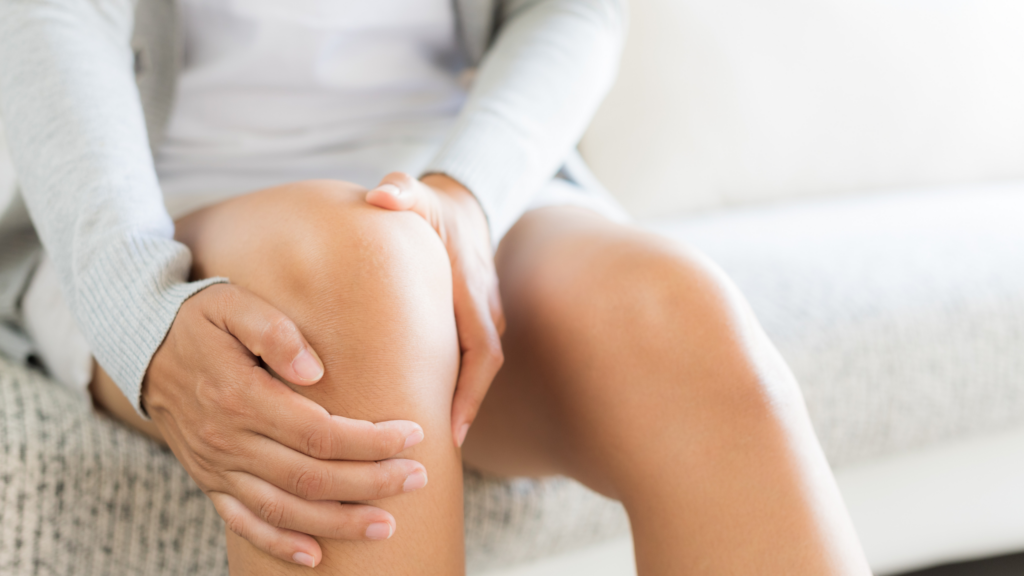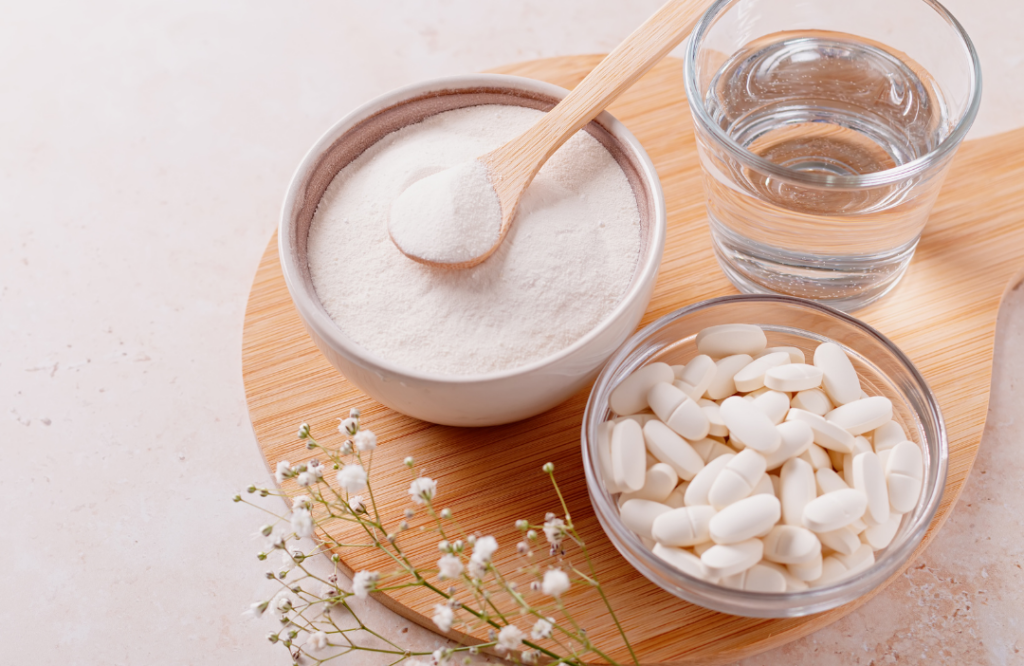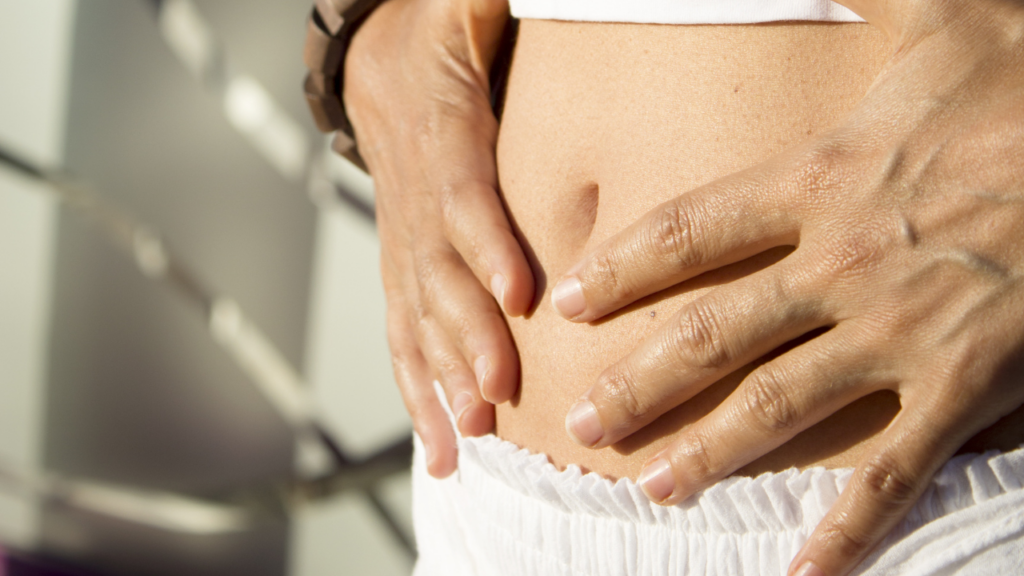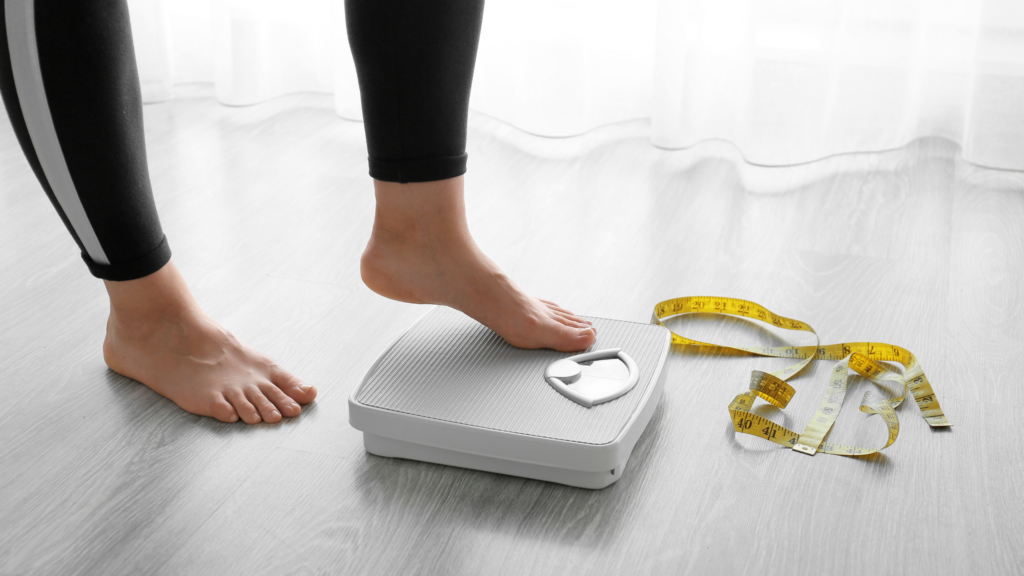Acupuncture VS Surgery for Knee Pain
Published on July 25, 2023 by Belle Kuhn

Knee pain is becoming more and more common for those in their 60’s and 70’s, but even those in their younger years experience chronic pain from sports injuries, overuse, motor vehicle accidents or other traumas. Everyone knows someone that has had a knee replacement or is considering some type of knee surgery. Western medicine has only two options for this condition. Doctors recommend either prescription pain medications or surgery. As effective as those can be for some, it’s not the only solution. Depending on the root cause of the pain and how it affects quality of life, acupuncture and other holistic modalities could be a better option.
Typical causes of chronic knee pain include rheumatoid arthritis (RA), osteoarthritis, and joint injury.
Rheumatoid arthritis is an autoimmune condition in which the body’s immune system attacks healthy cells causing pain and inflammation. This type is systemic and presents with pain in both knees and often other smaller joints as well. Western medicine solutions are antiinflammatory drugs, immunosuppressants and surgery to remove damaged tissue. These drugs can cause many unwanted side-effects like headaches, nausea, indigestion, drowsiness, dizziness and more. The immunosuppressants in particular are actively suppressing the body’s ability to fight off disease and subsequently increase risks of infection. Surgeries for RA come with the possiblity of complications like wound infections, blood clots and nerve damage (1).
Osteoarthritis is caused by long term wear and tear that degrades the cartilage and synovial joint fluid over time. This is a form of joint and tissue degeneration. The lack of these tissues can create painful bone spurs from the bones rubbing together. OA can result from overuse, nutritional deficiencies, excess weight causing stress on the joints or sitting for extended periods of time. This type of knee pain is treated by western doctors with corticosteroid injections known as cortisone shots that can sometimes provide temporary relief.
Knee injuries from contact sports, skiing, snowboarding or other physical activity can lead to chronic pain well after the injury occurred. Even if the injury seems healed for a period of time, it may be the cause of pain and inflammation later in life. Treatments for knee injuries can entail physical therapy, pain meds, corticosteroids and eventually knee surgery.

How Acupuncture Differs
Acupuncture is a holistic medicine which means it treats the body as a whole and sessions are systemically beneficial. Your acupuncturist will do a comprehensive intake regarding your health history, details related to the knee pain, and other symptoms you may be experiencing. There are no negative side effects and other health issues can be addressed simultaneously.
Knee pain treatments usually consist of local needling above and below the knee along with other body points to address any internal imbalances contributing to the pain. The local points combat pain and inflammation while encouraging nourishing blood flow to the area. When indicated, painless and subtle electrostimulation is applied to the needles for accelerated results. Other points may be selected based on your underlying Chinese medical diagnosis. Your acupuncturist will explain the treatment in advance and make sure you’re comfortable and relaxed during your session.
In some cases, we may recommend a natural alternative to cortisone shots that actually helps rebuild healthy tissue by administering natural solutions directly into the affected area with a proven injection therapy called Biopuncture. You can read more about this modality here.
You will also be given an individualized treatment plan with evidence-based recommendations that may include supplements, herbal formulas, nutritional advice, at-home remedies and lifestyle adjustments to help you achieve relief naturally and effectively.
Scientific Research…
“According to high-quality outcomes, acupuncture had more total effective rate, short-term effective rate, and less adverse reactions than western medicine in treating KOA (Knee Osteoarthritis)…the effectiveness of electroacupuncture was better than that of western medicine.”
-Medicine (Baltimore), Peer-reviewed Medical Journal (2)
Pros & Cons
Acupuncture
Surgery
A good rule of thumb is to try natural solutions before resorting to drugs and surgery. If you’re interested in how acupuncture can help you, schedule your first appointment now or call us for a free phone consult. We’re always here to help you decide the best course of action for your health and wellbeing.
The contents of this site, including text, graphics, images, and other material are for informational purposes only. Nothing contained in this site is or should be considered or used as a substitute for professional medical or mental health advice, diagnosis, or treatment. Please schedule an appointment for personalized health advice.
References:
- NHS. (n.d.). Complications of a knee replacement. NHS choices. https://www.nhs.uk/conditions/knee-replacement/complications/
- Li J, Li YX, Luo LJ, et al. The effectiveness and safety of acupuncture for knee osteoarthritis: An overview of systematic reviews. Medicine (Baltimore). 2019;98(28):e16301. doi:10.1097/MD.0000000000016301
- Vala CH, Kärrholm J, Kanis JA, et al. Risk for hip fracture before and after total knee replacement in Sweden. Osteoporos Int. 2020;31(5):887-895. doi:10.1007/s00198-019-05241-x






